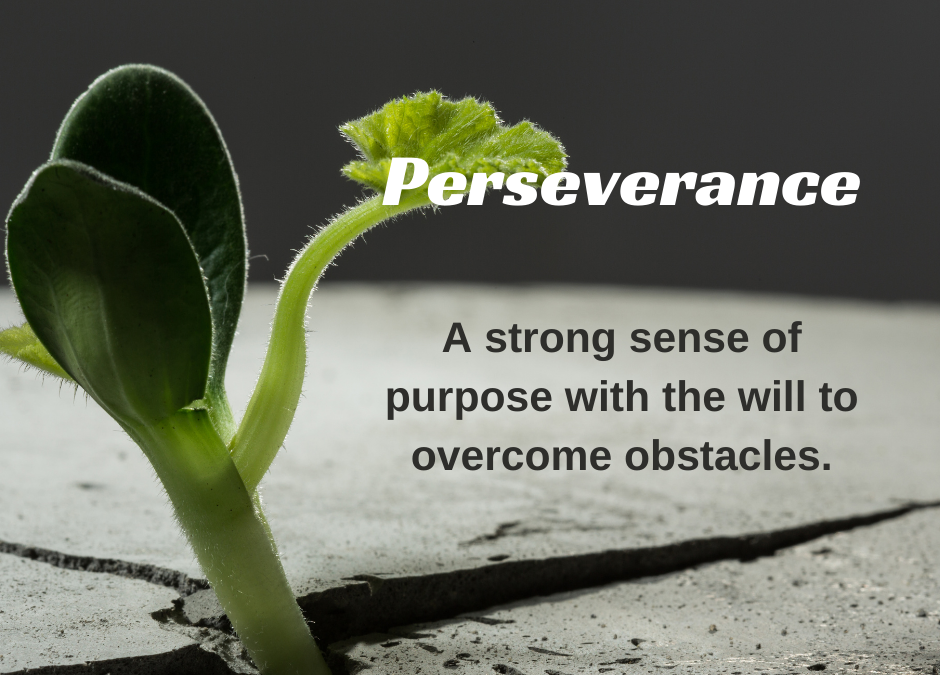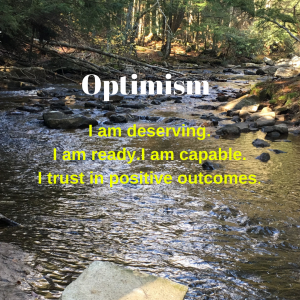
Prayerfulness

Description
Prayerfulness is a relationship with a power greater than ourselves. One that loves us and knows us intimately. We live in the presence of our Creator, mindful that every act, decision, and thought is meaningful. Prayer is a quiet reflection that cleanses the mirror of the soul. It is a sacred conversation that opens us to forgiveness, hope, and renewed intentions. We listen and receive spiritual guidance. We ask for help, heighten our awareness, and watch for it to come. Praying our gratitude keeps us in the flow of Grace.
Quote
“Call to me and I will answer you and show you great and hidden things that you have not known.”
— Jeremiah 33:3 Judaism
The Practice of Prayerfulness
- I spend sacred time each day.
- I pray my innermost thoughts, hopes, needs, and fears.
- I trust, listen, and watch for answers.
- I continually purify my motives.
- I have an attitude of gratitude.
- I live with an awareness of Divine presence.
Definitions and practices of virtue are used with permission from the Virtues Project™.
In Family Life
Prayerfulness within a family is a profound expression of shared spirituality and interconnectedness. It is a heartfelt ritual where family members gather to seek solace, guidance, and gratitude from a higher power. It is demonstrated through the gentle hush that falls upon the room as heads bow in reverence and hands clasp in unity, the sincere words spoken, the sharing of joys and concerns, and the profound sense of presence that envelopes everyone.
In the quiet moments of reflection, family members draw strength from their shared faith, forging bonds that transcend the mundane challenges of life. Prayerfulness in a family is a beacon of hope, a reminder that even amidst life’s storms, they are anchored together in faith and love, finding strength in their collective devotion.
Balancing Prayerfulness
Balancing the virtue of Prayerfulness involves incorporating other virtues into your life to ensure that your spiritual practice is harmoniously integrated into your daily existence. Here are a few virtues that can help maintain balance:
-
-
- Wisdom: Wisdom guides one to discern when and how to pray, ensuring prayer is meaningful and purposeful.
- Moderation: Moderation helps individuals avoid extremes, ensuring they find the right balance between prayer and worldly responsibilities.
- Gratitude: Cultivating gratitude alongside prayerfulness ensures that we appreciate the blessings in our lives while fostering a sense of humility.
- Compassion: Compassion reminds us that our spiritual journey should lead to a deeper understanding of others and a desire to contribute positively to the world.
- Mindfulness: Mindfulness complements prayerfulness by encouraging us to be fully present in each moment and to find the sacred in the ordinary.
- Humility: Humility prevents us from becoming self-righteous or judgmental, reminding us that we are all on our unique spiritual journeys.
-
By integrating these virtues into our lives, we can ensure that prayerfulness remains a source of strength, guidance, and connection with the divine while allowing us to lead balanced and fulfilling lives that benefit ourselves and the world around us. Remember, like any virtue, Prayerfulness is most potent when practiced harmoniously with a holistic approach to life.




